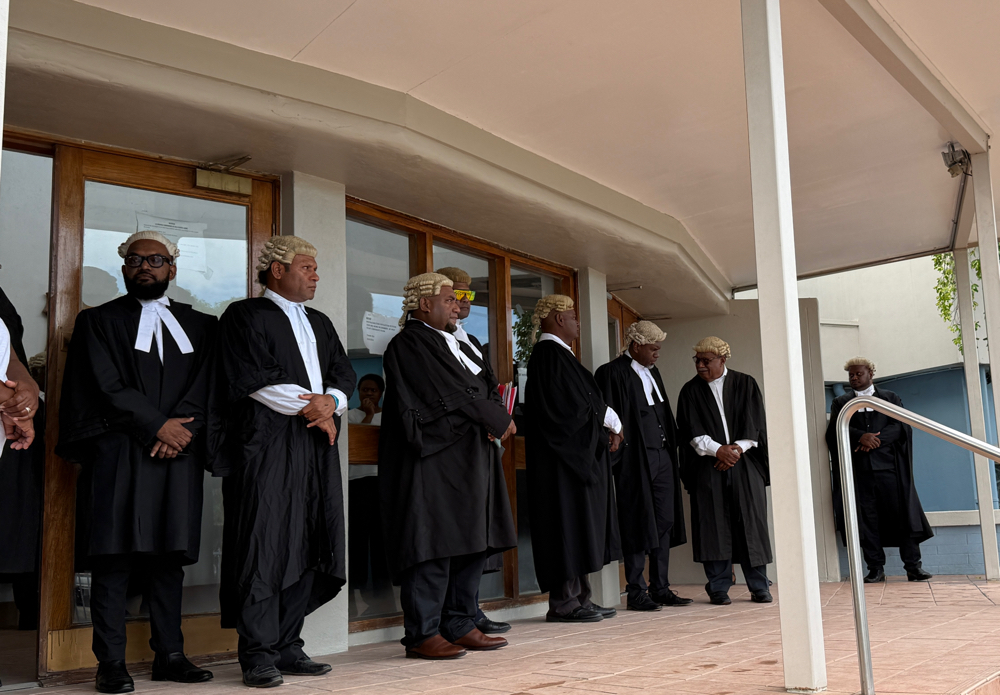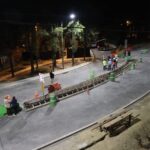THE new President of the Solomon Islands Bar Association (SIBA), Peter Teddy has condemned personal attacks on judges for their decisions, calling them ‘unacceptable and uncalled for’ because they undermine the independence of the judiciary.
“The Bar notes that the judiciary and the judicial system always face criticisms,” Mr Teddy said in his remarks at the opening of the Legal Year 2025 at the High Court yesterday.
“I wish to stress that an independent judiciary, in carrying out its constitutional mandated function, is bound to make decisions which are unpopular with the government or individuals of society,” he added.
Mr Teddy emphasised that judges have a sworn duty to administer justice according to law and should be allowed to perform that duty unhindered by personal attacks in the media or elsewhere.
He added that there is an avenue available for appeal if a disappointed litigant thinks that a particular decision is wrong and it is the role of Parliament to amend the law if one thinks that the law is wrong.
“It is also a very important reminder for journalists, reporters and the public to understand that there are legal processes in place to deal with one’s disappointment,” Mr Teddy said.
He emphasised the Bar Association’s commitment and support for the judiciary, which has a longstanding reputation for independence and impartiality.
Mr Teddy took over as SIBA President from Lazarus Kwaiga.
By ASSUMPTA BUCHANAN
Solomon Star, Honiara















